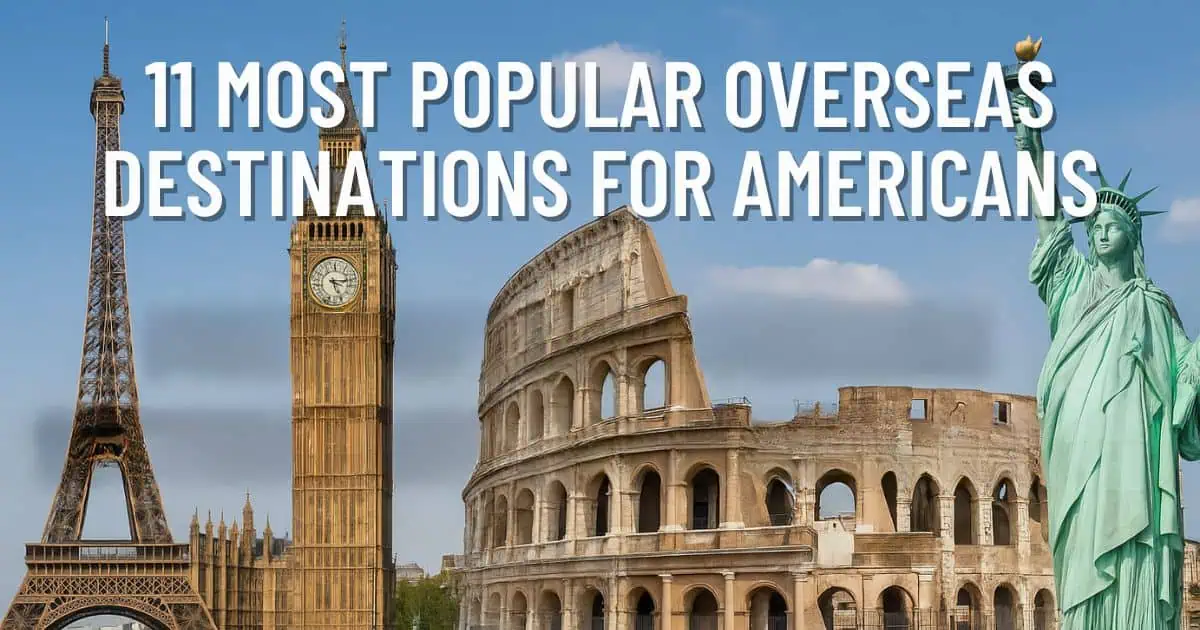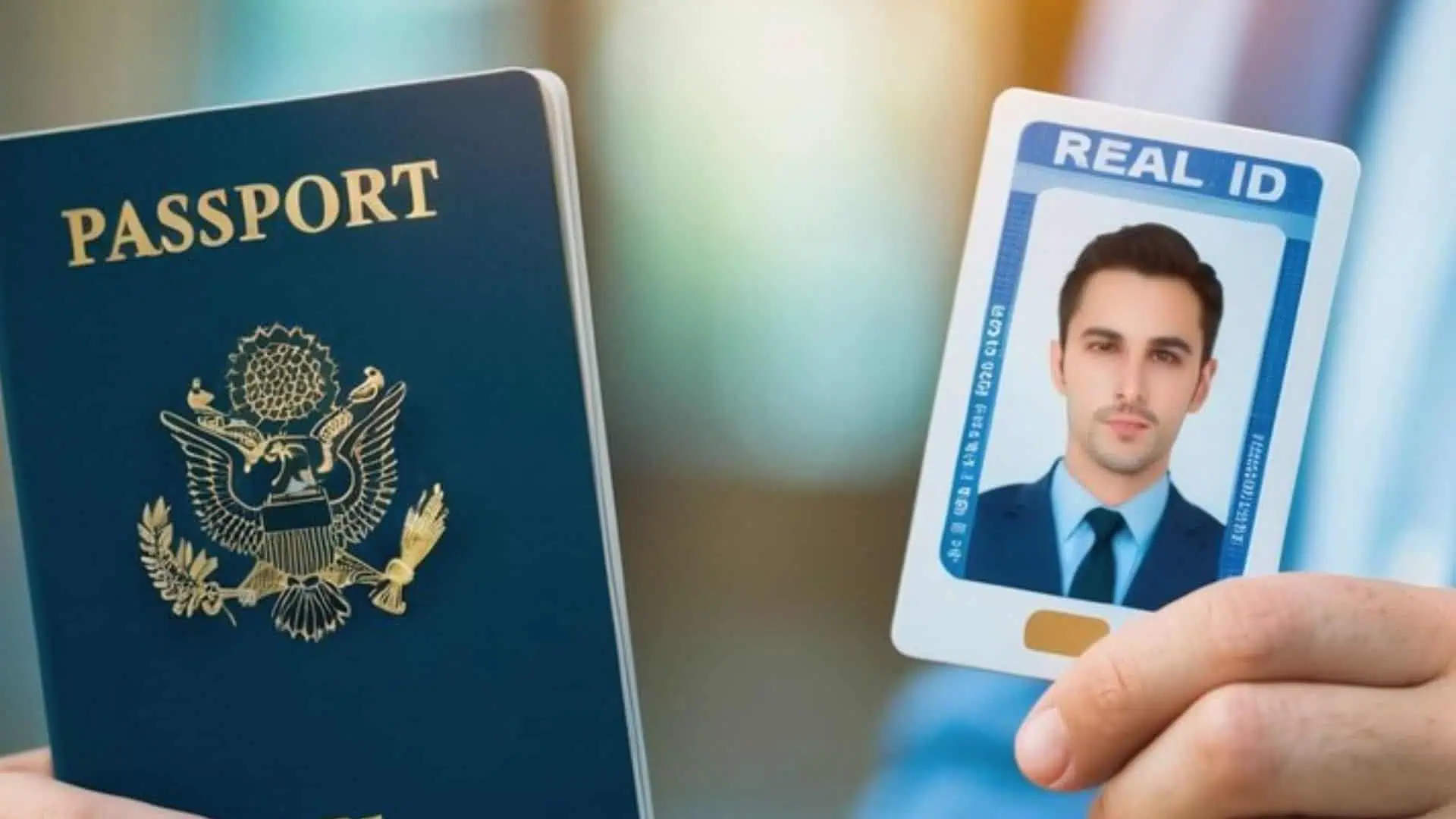Have you ever wondered why airlines overbook flights? It’s a common practice that might leave you, the traveler, puzzled, frustrated and stranded if you are bumped from a flight.
You might be surprised to learn (or perhaps not) that this practice boils down to maximizing profits for airlines. By understanding why airlines overbook and how you can handle such situations, you’ll be better prepared for your next trip.
In this article, we will explore the rationale behind overbooking and how it affects you. It has happened to me in the past.
So let’s dive in and uncover the mystery of overbooking in the airline industry.
Why Do Airlines Overbook?: Airlines overbook flights to compensate for no-show passengers and maximize their revenue. By intentionally selling more tickets than available seats, airlines ensure a full flight even if some passengers don’t show up. However, this practice can lead to inconveniences for passengers and occasional bumping off flights.
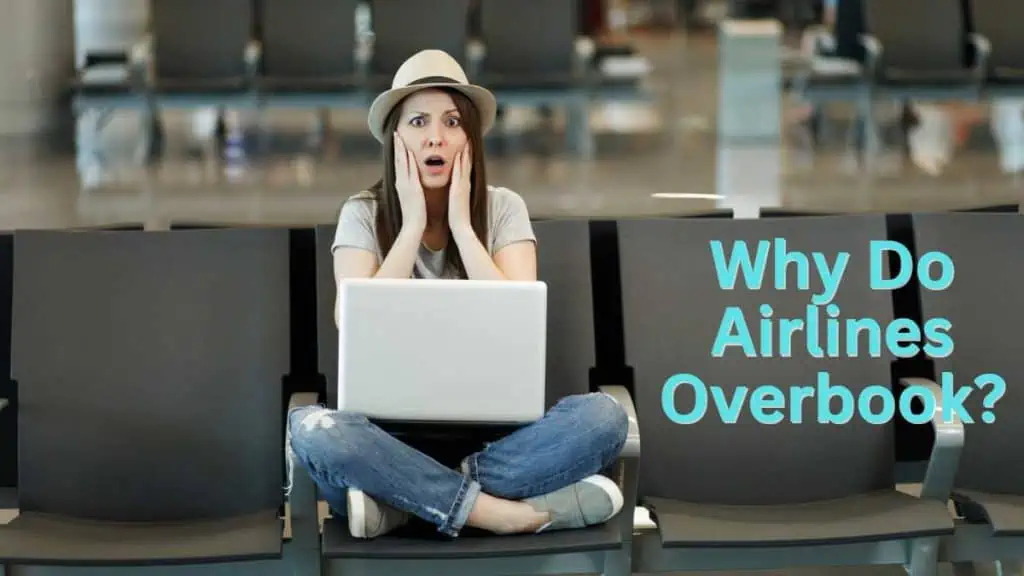
Contents
Do Airlines Overbook Flights?
When you book a flight, you might be surprised to learn that airlines often overbook their flights, meaning they sell more tickets than there are available seats. This practice might seem counterintuitive and frustrating, but there are some reasons behind the strategy.
Why Do Airlines Overbook?
Airlines use overbooking as a way to maximize revenue and minimize the number of empty seats on their flights.
There are various factors that can lead to passengers not making their flights, such as last-minute cancellations, delays, or changes in travel plans. By overbooking flights, airlines can account for these situations and ensure that their planes are as full as possible.
Overbooking can also benefit last-minute ticket purchasers, as it may result in discounted rates for available seats that might otherwise go unfilled. This helps airlines to recover some of the revenue that they would otherwise lose.
How Do Flights Get Overbooked?
When overbooking flights, airlines rely on historical data and complex algorithms to predict the likelihood of passengers not showing up for a given flight. They then sell more tickets than there are seats, anticipating that some passengers won’t show up.
In some cases, overbooking may only happen in a specific cabin class (e.g., economy vs. business class), especially during peak travel times like the holiday season. During these periods, the demand for certain cabin classes may be higher than others, resulting in overbookings for those specific sections.
If all passengers do show up, the airline may have to find volunteers willing to take a later flight or offer incentives such as upgrades, vouchers, or monetary compensation to entice passengers to change their travel arrangements.
If not enough volunteers can be found, some passengers may be involuntarily bumped (known as involuntary denied boarding) from their flight, usually with compensation and alternative travel arrangements.
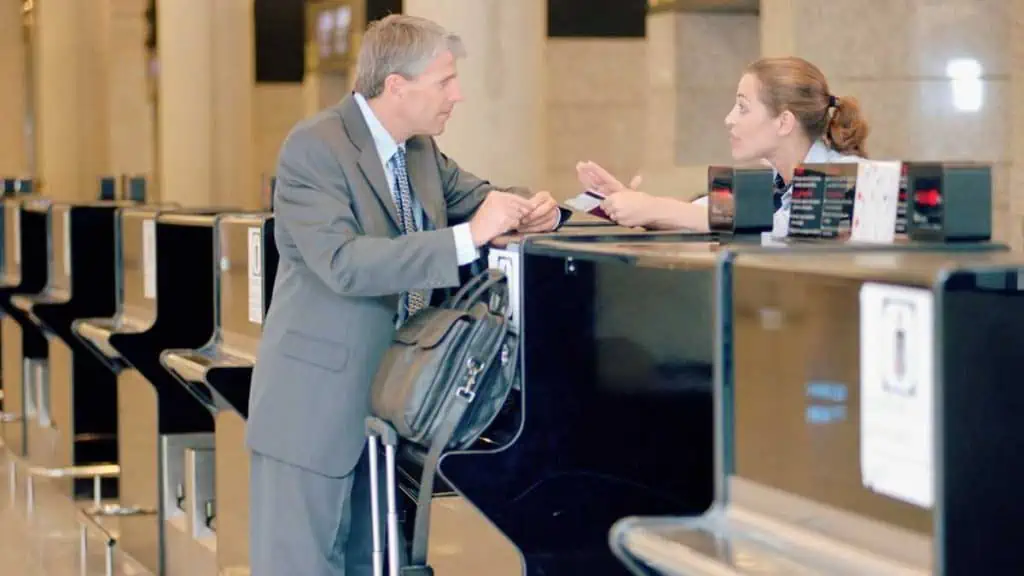
Economic Factors
As you may have wondered, there are multiple economic factors behind the practice of airlines overbooking flights. In this section, we will explore a couple of key factors that contribute to this: maximizing revenue and managing no-show passengers.
Maximizing Revenue
Airlines are constantly seeking ways to maximize their revenue, and filling up each flight is crucial to achieving this goal. By overbooking flights, airlines can compensate for the seats that would otherwise be left vacant due to last-minute cancellations and passengers who don’t show up. No-show passengers and cancellations lead to lost revenue since the respective airline has already incurred expenses for the seat.
Overbooking strategies depend on the airline and the specific route, and airlines rely on historical data and complex algorithms to predict the likelihood of no-shows and cancellations.
This allows them to make accurate estimations when overbooking flights while aiming to minimize incidents where passengers are involuntary denied boarding. But, of course, it doesn’t always work out.
Managing No-Show Passengers
Another driving factor in overbooking is the need to manage no-show passengers effectively. Various unexpected situations, such as changes in travel plans or passengers missing connecting flights, can lead to passengers not boarding their booked flights.
To minimize the impact of such instances, airlines overbook flights to ensure that the seats do not go to waste, ultimately safeguarding their profits.
In cases where more passengers show up for a flight than anticipated, airlines typically offer compensation, such as flight vouchers, hotel accommodations, or cash incentives, to encourage volunteers to take alternative flights.
Most passengers are inclined towards voluntarily giving up their seats for adequate incentives, which helps the airline to manage any overbooking situation without forcefully denying boarding to any passenger.
Impact on Passengers
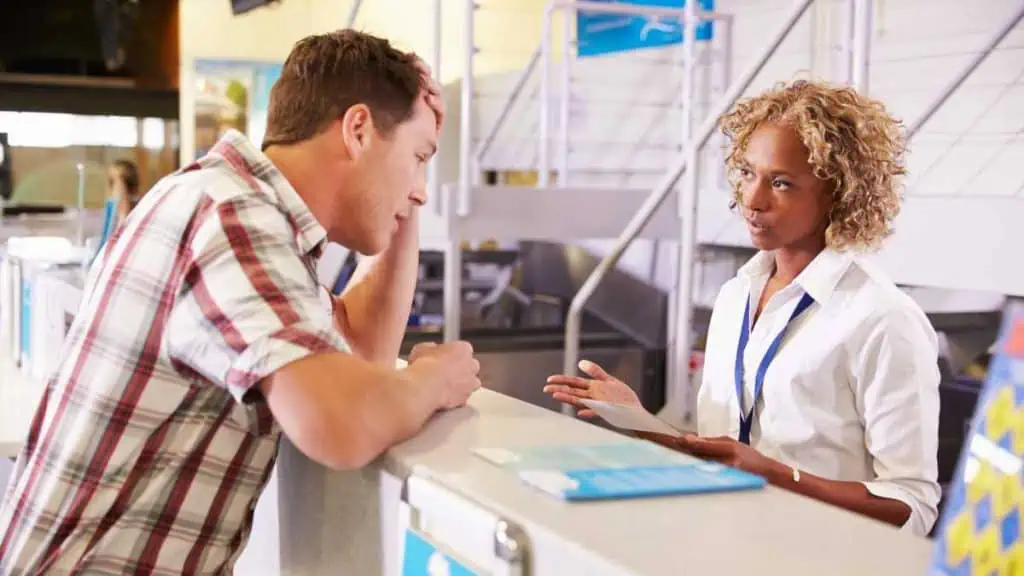
Bumped from flight compensation
When airlines overbook flights, some passengers may be “bumped” or involuntarily denied boarding. This can impact your travel plans and cause inconvenience. However, there are often compensations given to those who are bumped from a flight.
Compensation can come in various forms, such as vouchers for future flights, hotel accommodations, or even a cash payout. These benefits aim to alleviate the inconvenience caused by being bumped from an overbooked flight.
Who gets bumped on an overbooked flight?
There’s no one-size-fits-all answer to who gets bumped from an overbooked flight, as each airline has its own prioritization policies. However, some common factors that determine who gets bumped include:
- Your ticket class (economy, business, first-class)
- Status in the airline’s frequent flyer program
- Check-in time (those who check-in early are less likely to be bumped)
- Special circumstances, such as passengers with disabilities, families with young children or unaccompanied minors
Knowing these factors can help you better understand your chances of being bumped from an overbooked flight.
Voluntary and Involuntary Denied Boarding
There are two types of denied boarding when a flight is overbooked: voluntary and involuntary.
Voluntary denied boarding occurs when passengers willingly give up their seat in exchange for compensation offered by the airline. This usually happens during the boarding process, with the airline asking for volunteers before resorting to what is known as involuntary denied boarding.
On the other hand, involuntary denied boarding occurs when an airline forces passengers to give up their seats due to overbooking, even if they didn’t volunteer. In this case, passengers are still entitled to compensation, but the experience can be stressful and unpleasant.
As a passenger, it’s essential to know your rights regarding compensation and the difference between voluntary and involuntary denied boarding when faced with an overbooked flight.
My Overbooking Experience
It has only ever happened to me once, some years ago. I was flying from London Heathrow to Amsterdam on British Airways early one Friday evening for a business meeting the next morning with my Dutch business partner and some potential Australian clients.
I arrived at check-in in good time but was told the flight was overbooked which meant that I, and five other passengers, weren’t getting on. I was not happy and neither were the others. We were told that there were no other flights that evening but we would all be booked onto the first flight the next morning. We were also told we would be taken to an airport hotel, be given dinner and £100 compensation.
When we got to the hotel I called my business partner to give him the bad news that I wouldn’t be there until the next day. He then gave me the news that the clients had just canceled, so I didn’t need to go anyway.
All’s well that ends well as they say. I had a night in the hotel, dinner, £100 in my pocket, an interesting chat with one of the other bumped passengers in the bar (a Dutch meteorologist) and I claimed a refund on my ticket! Thanks, British Airways.
Legal Regulations and Policies
Government Regulations
As a traveler, you might be surprised to learn that airlines are legally permitted to overbook flights.
This practice became widespread after the 1978 Deregulation Act in the United States, which removed certain restrictions from the air transport industry. Airlines then started using overbooking as a strategy to maximize their revenues.
Airline Overbooking Strategy
When you purchase a flight ticket, you’re often agreeing to the airline’s overbooking policy without realizing it. The specific terms and conditions for overbooking differ between carriers, but they all usually follow similar guidelines.
When a flight is overbooked, airlines may ask for volunteers to give up their seats in exchange for compensation, such as vouchers or rebooking on a later flight.
If there aren’t enough volunteers, the airline may involuntarily bump passengers. In this case, they are required by law to provide monetary overbooked flight compensation.
Here are some things you can keep in mind when facing an overbooked flight:
- Know your rights: Understand the compensation options available if you’re bumped from a flight.
- Be proactive: If you’re willing to give up your seat in exchange for compensation, let airline staff know.
- Negotiate: The amount of compensation is often discretionary, so you might have some room to negotiate a better deal.
Overall, it’s important to be aware of legal regulations and airline policies concerning overbooking. With this knowledge, you can make informed decisions and potentially negotiate a better deal if you find yourself in such a situation.
Potential Solutions and Alternatives
Dynamic Pricing
One potential solution to the issue of airlines overbooking flights is dynamic pricing. With dynamic pricing, airlines can adjust ticket prices in real-time based on demand, ensuring a more optimal distribution of passengers across flights. This approach can help prevent overbooking situations by adjusting prices according to the number of available seats.
Dynamic pricing can also benefit passengers by offering last-minute discounted rates if a flight has empty seats. This way, you can take advantage of lower prices for tickets and airlines can maximize revenue by filling otherwise vacant seats.
Technology and Data Analytics
Another approach to address overbooking is through the use of advanced technology and data analytics. By leveraging sophisticated algorithms and data-driven models, airlines can better predict passenger demand and adjust the number of seats available on each flight to reduce the chances of overbooking.
Airlines can use historical data, passenger booking trends, and other variables to optimize flight schedules, pricing, and seat allocations more effectively. This can lead to higher customer satisfaction and fewer cases of overbooking. As a passenger, your chances of facing overbooking issues might be reduced thanks to improved data analysis in the industry.
Summary
In summary, airlines can explore various strategies, such as dynamic pricing and data analytics, to mitigate the issues associated with overbooking. Implementing these solutions can improve the overall travel experience for you and fellow passengers, while also helping airlines optimize their revenue and operations.
Is it legal for airlines to overbook flights?
It is legal for airlines to overbook flights. However, in many countries, if passengers are bumped due to overbooking, airlines are required to compensate them.
How can I avoid getting bumped from an overbooked flight?
While there’s no foolproof way to avoid getting bumped, you can reduce your chances by checking in early, becoming a frequent flyer member with the airline, or booking a specific seat rather than opting for a random assignment.
Can I volunteer to get bumped from an overbooked flight?
Yes, when a flight is overbooked, airlines will often first ask for volunteers willing to take a later flight. Volunteers are usually compensated with travel vouchers or other benefits.
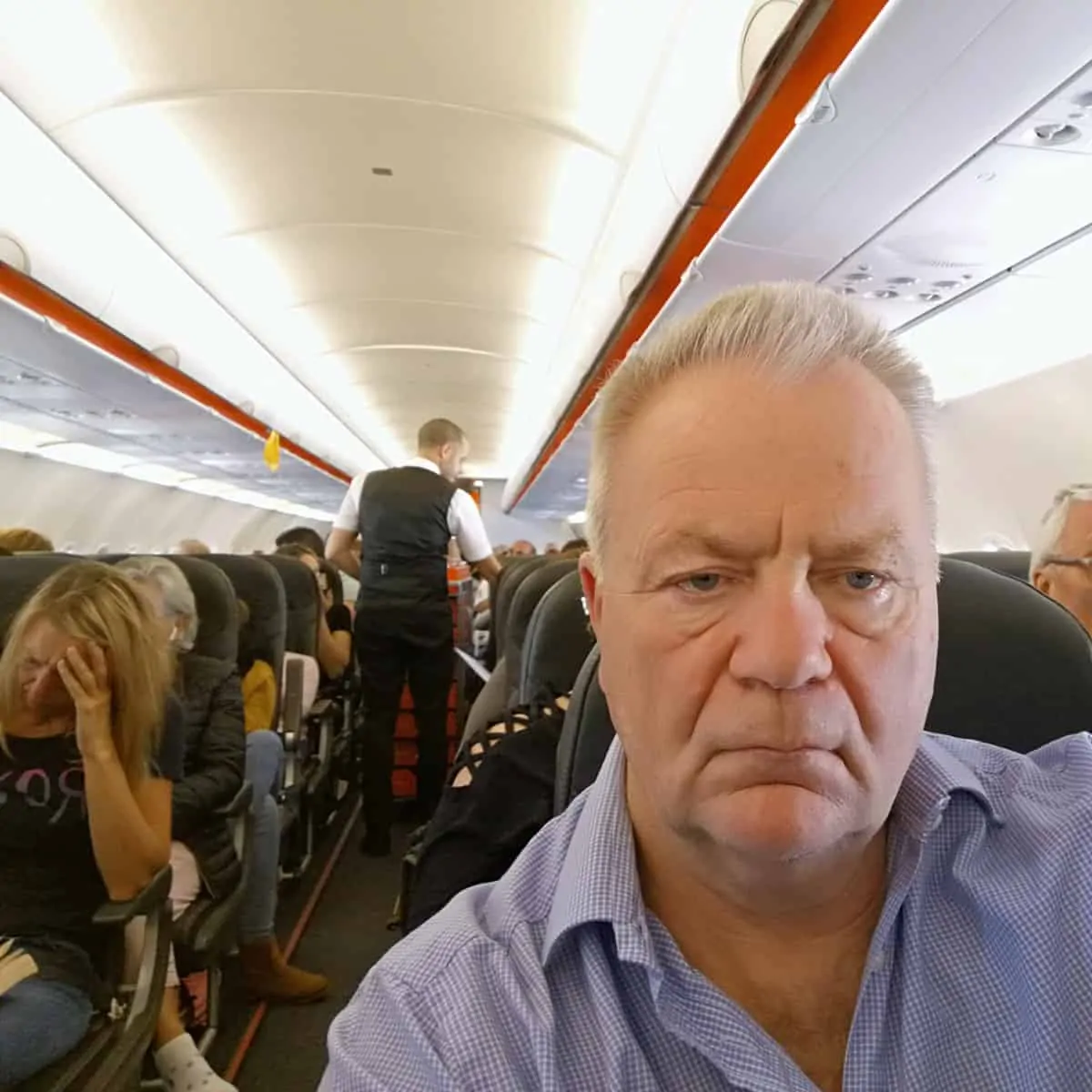
I have been traveling around the world by air since the early 70s and living overseas too. I worked for British Airways for a number of years and I am also a private pilot. About Me
